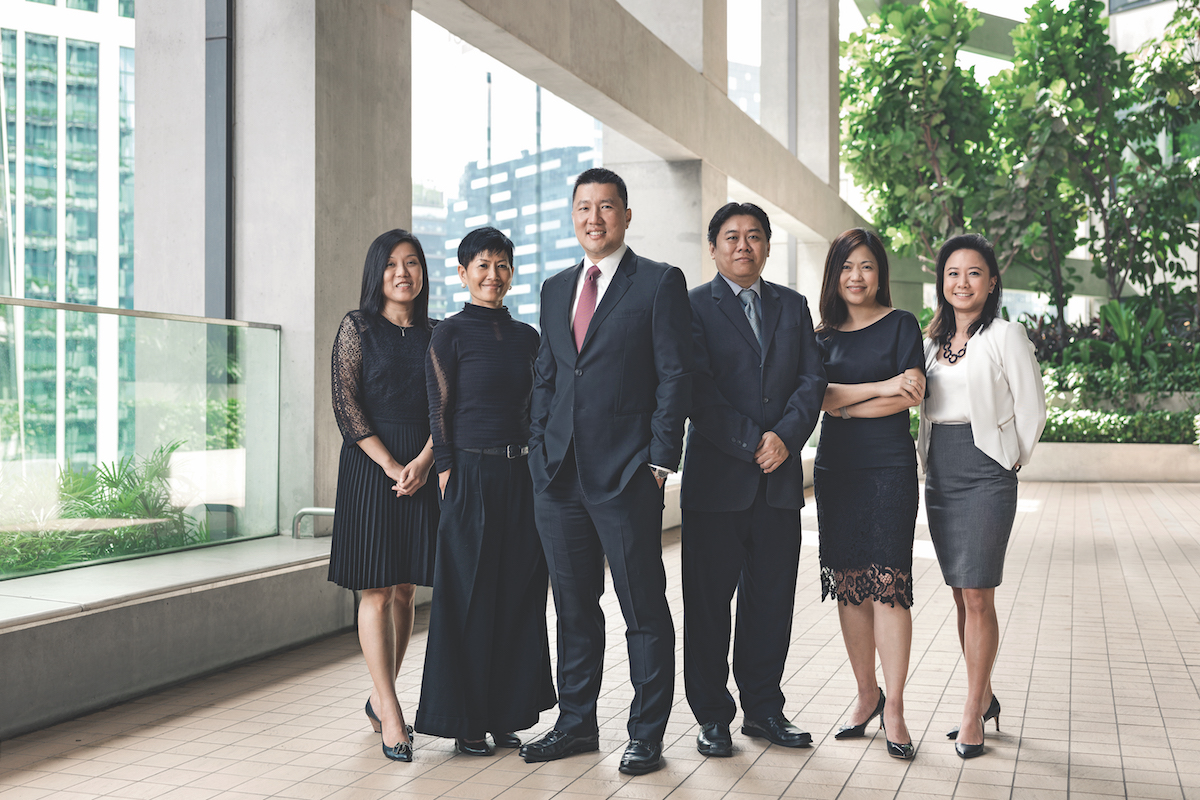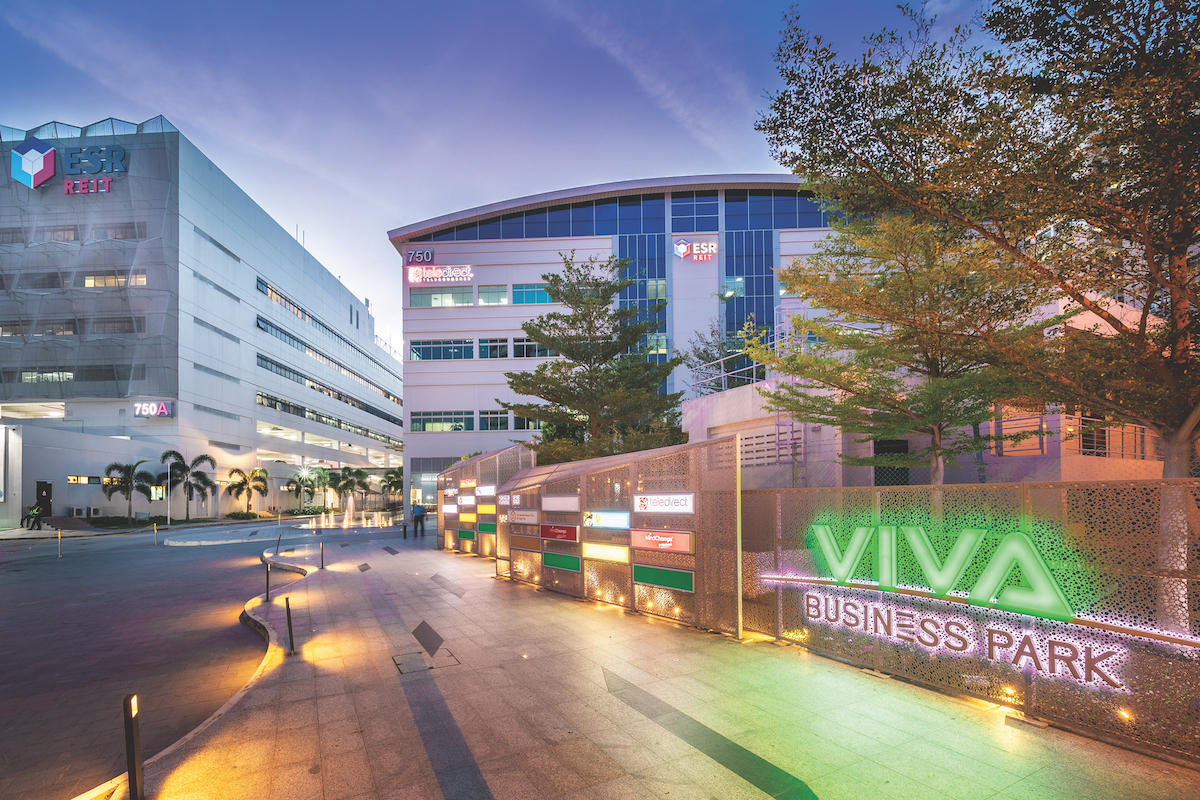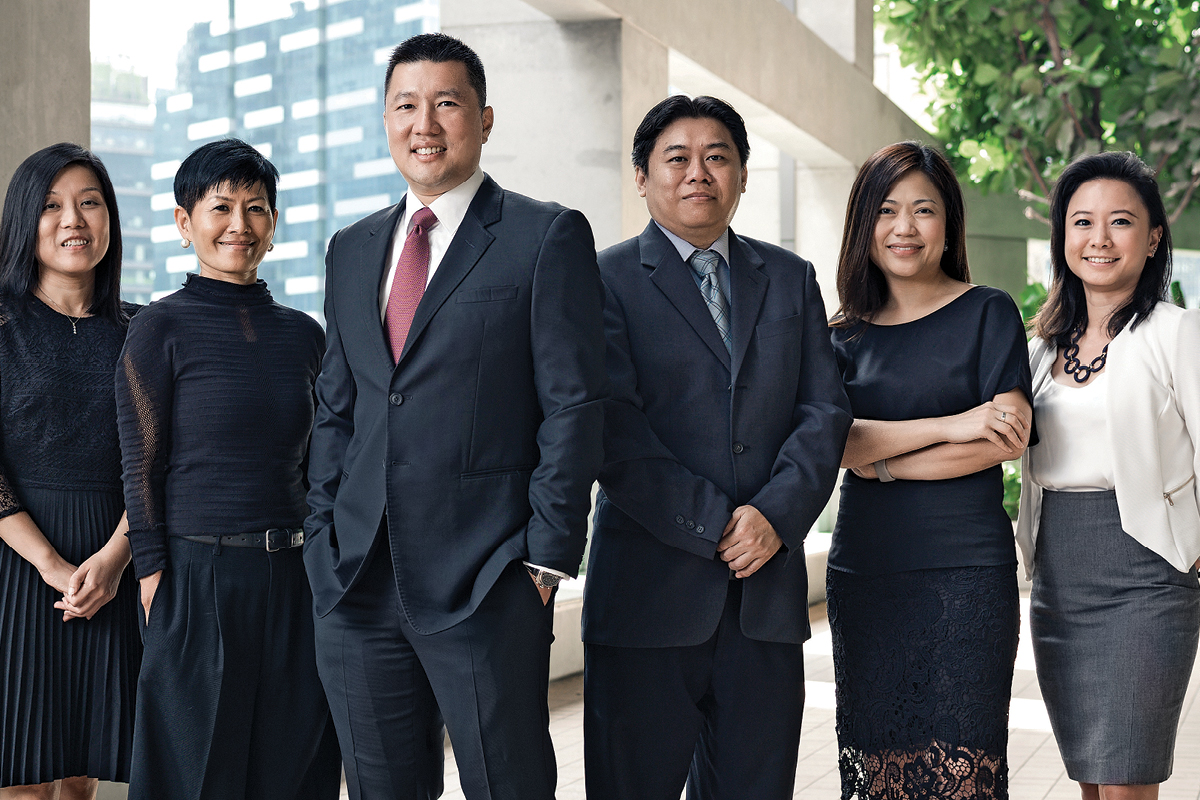Adrian Chui has a simple approach to business: “Get it done.” Not content to sit back and let things happen around him, the driven executive prefers to take action to ensure his business achieves its goals.

“If you can’t get the small things done, you’ll never get the big things right,” he says. “This has been a guiding principle of how I plan and execute business strategies and it’s an attitude that I try to get my team to embrace. It has certainly influenced how we conduct our business at ESR-REIT.”
Formerly known as Cambridge Industrial Trust (CIT), ESR-REIT has undergone some big changes since Adrian became CEO and Executive Director in 2017. Following ESR’s acquisition of CIT, the Singapore-based company changed its name to ESR-REIT.
“We wanted to signal to the market that we are the REIT (real estate investment trust) vehicle of ESR Group – we bear their name and our sponsor is fully supportive of our transformational plans,” he explains.
“ESR’s acquisition of the CIT platform resulted in a paradigm shift for the REIT. We now have a financially strong developer–sponsor with a regional footprint and a strong position in the industrial and logistics real estate market, which we can leverage across the real estate value chain. The sponsor understands that size does matter in REITs.
“As such, I see that we have the key ingredients to reposition our portfolio to be larger, stronger and more resilient. We can also be future-ready for tomorrow’s industrialists through the execution of our expansion plans locally via acquisitions to scale up, as well as ensuring our assets undergo rejuvenations and enhancements.”
Adrian acknowledges digitisation and automation are having a big impact on Singapore’s industrial market. “As a result of these, tenant demands for industrial space with sophisticated features have increased, as they seek buildings with specifications that are able to cater their business needs. Our portfolio needs to be flexible and adaptable to meet the ever-changing requirements of our tenants,” he explains.
“Properties that were considered modern, contemporary or state-of-the-art more than 10 years ago may not be able to cater to the requirements of today’s new industrialists and emerging sectors. This has an impact on the occupancy levels and rents that these buildings can command.
For example, cargo-lift warehouses were in great demand during the early to mid-2000s. Today, these have superseded by modern ramp-up warehouses due to the need to provide flow efficiency on the movement of goods.”
In another big milestone for the business, ESR-REIT merged with Viva Industrial Trust in October last year. “We could have started working on the merger in 2017, but we decided not to rush. Instead, we got our deal-making machinery restarted and gained credibility in the market before undertaking the merger,” Adrian says.
“Since the merger, we have seen business partners more willing to forge meaningful partnerships with the REIT on various levels. We recognise that a partnership is a two-way street and we seek to form business partnerships that are both beneficial to the REIT and the service providers to achieve a win–win situation,” he adds.
ESR-REIT’s portfolio features 57 properties located across Singapore, with a total gross floor area of approximately 14 million square feet (1.3 million square metres) and a value of S$3 billion (US$2.2 billion).
Although ESR-REIT is based in Singapore, Adrian points out that its scope extends much further. “We do not see ESR-REIT as a Singapore business, we see it as a Pan-Asian business,” he says.
“So we are always on the lookout for business partners, service providers and talented potential employees to join us. There’s so much potential for us to do a lot more within our portfolio – there’s always room for improvement and growth.”
A firm believer in empowering his team, Adrian tries to give his employees space to do their jobs and trusts them to make informed decisions. “People tend to think the person above them is constantly watching to see if they have made any mistakes,” he notes.

“Our philosophy is not to focus on who has done what wrong. When there is a problem, we work together to solve it. We don’t fault employees if there is a problem – unless it is a consistent problem” he says.
“This allows our staff to take some calculated risks and constantly improve on how we do things without feeling pressured or monitored. In this way, we build trust among employees and they feel part of the overall decision-making process.”
Proudly supported by:




